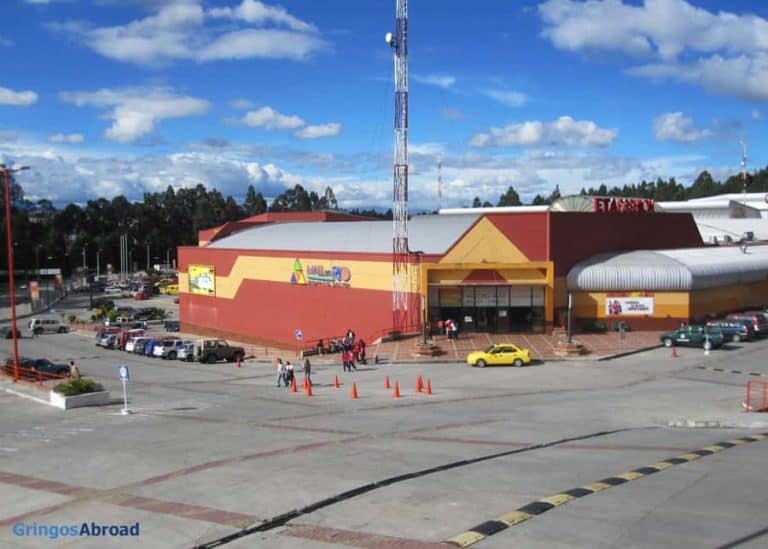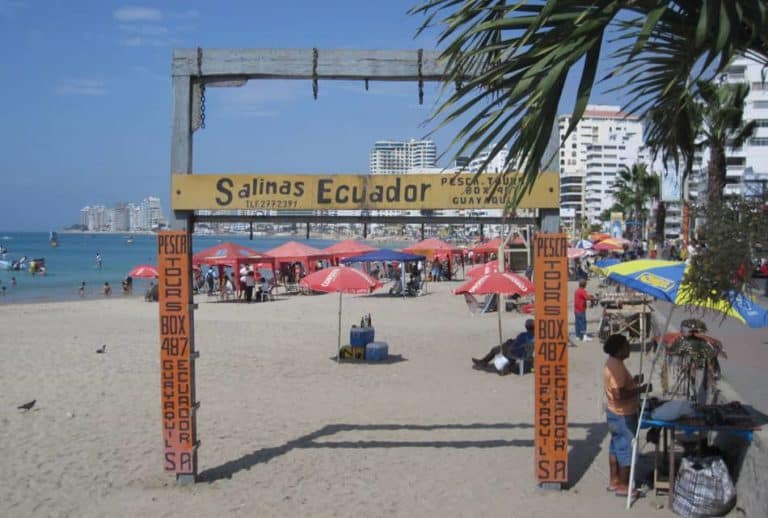21 Galapagos Islands Volcanoes (Active, Dormant, Location Chart)
Ecuador is famous for its volcanoes. And the Galapagos Islands were formed by volcanic activity. How many volcanoes are on the Galapagos Islands? And what type of volcanoes are they?
There are 21 emergent Galapagos Islands volcanoes. Only Wolf and La Cumbre volcanoes are active; the other 19 are dormant or extinct. These Galapagos volcanoes are emergent – meaning they are above sea level.
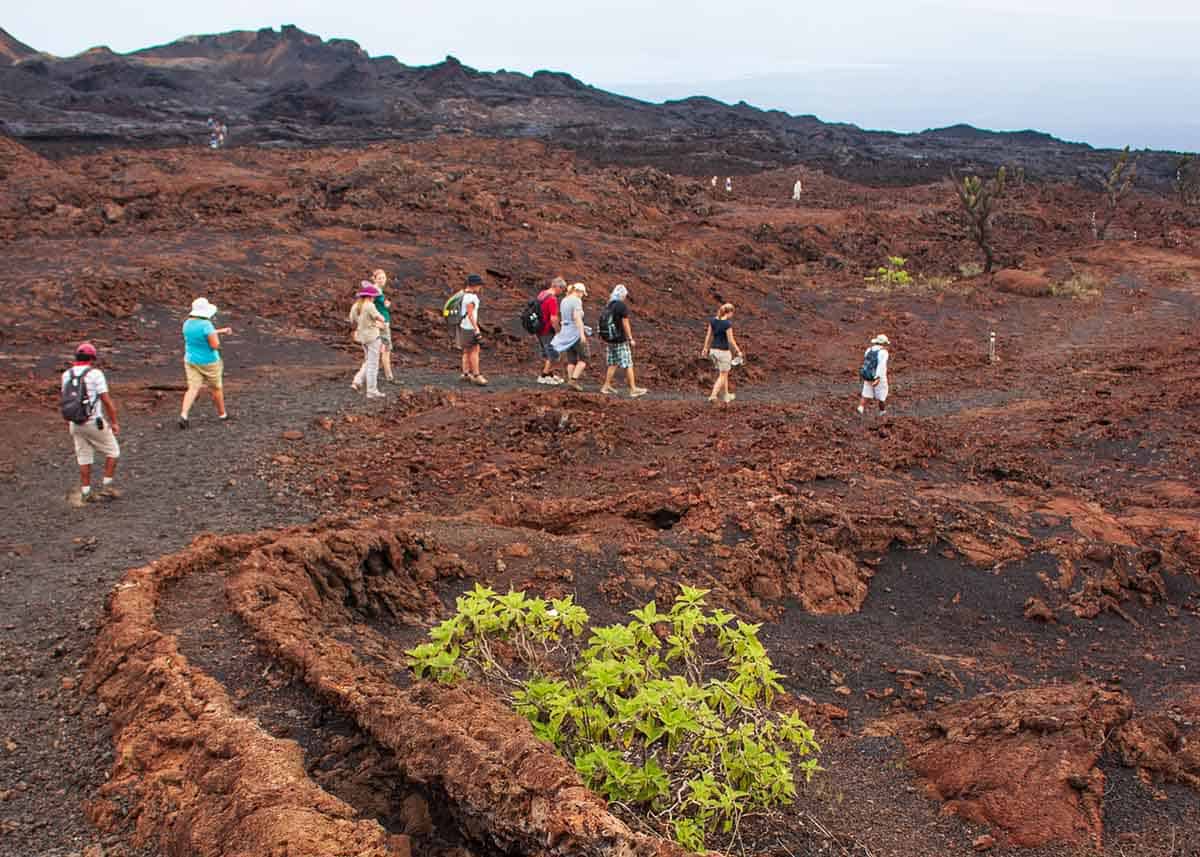
This is part of our larger guide about Ecuador’s volcanoes.
Galapagos Volcano Guide
There are 21 emergent volcanoes in the Galapagos Islands. These are volcanoes that stick out above the surface of the water.
Interestingly, the Galapagos Islands were formed by volcanic activity, not by breaking off of another landmass.
There are also volcanoes below sea level, such as the Galapagos Rift at -7972 feet (-2430 meters). It last erupted in 1996.
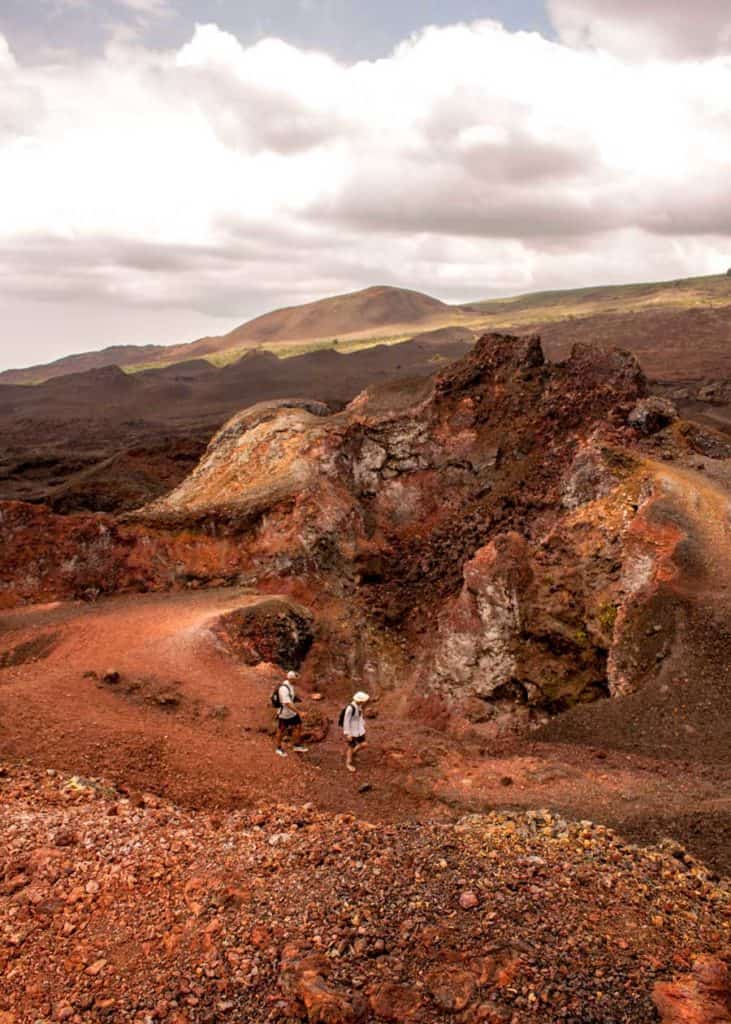
21 Galapagos Islands Volcanoes
Here is the complete (and accurate) list of all 21 emergent volcanoes in the Galapagos Islands. It includes altitude, status, and last known eruption date.
| Galapagos Volcano Name | Altitude | Status | Last Eruption | |
|---|---|---|---|---|
| 1 | Alcedo, Isabela Island | 3710 feet (1130 meters) | Dormant | 1993 |
| 2 | Cerro Azul, Isabela Island | 5541 feet (1689 meters) | Dormant | 2008 |
| 3 | Cerro Pajas, Floreana Island | 2099 feet (640 meters) | Extinct | Unknown |
| 4 | Darwin, Isabela Island | 4350 feet (1325 meters) | Dormant | Unknown |
| 5 | Darwin (Culpepper), Darwin Island | 541 feet (165 meters) | Extinct | Unknown |
| 6 | Ecuador, Isabela Island | 2590 feet (790 meters) | Dormant | 1150 |
| 7 | Española, Española Island | 276 feet (276 meters) | Extinct | Unknown |
| 8 | Genovesa, Genovesa Island | 210 feet (64 meters) | Dormant | Unknown |
| 9 | La Cumbre, Fernandina Island | 4843 feet (1476 meters) | Active | 2020 |
| 10 | Marchena, Marchena Island | 1125 feet (343 meters) | Dormant | 1991 |
| 11 | Pinta, Pinta Island | 2559 feet (780 meters) | Dormant | 1928 |
| 12 | Pinzon, Pinzon Island | 1503 feet (458 meters) | Extinct | Unknown |
| 13 | Rabida, Rabida Island | 1109 feet (338 meters) | Extinct | Unknown |
| 14 | Roca Redonda, Islet | 220 feet (67 meters) | Extinct | Unknown |
| 15 | San Cristóbal, San Cristóbal Island | 2490 feet (759 meters) | Extinct | Unknown |
| 16 | Santa Cruz Volcano (formed Santa Cruz Island, Balta Island, and North Seymour Island) | 2835 feet (864 meters) | Dormant | Unknown |
| 17 | Santa Fe, Santa Fe Island | 656 feet (200 meters) | Extinct | Unknown |
| 18 | Santiago, Santiago Island | 3018 feet (920 meters) | Dormant | 1906 |
| 19 | Sierra Negra, Isabela Island | 3687 feet (1124 meters) | Dormant | 2018 |
| 20 | Wolf, Isabela Island | 5610 feet (1710 meters) | Active | 2022 |
| 21 | Wolf (Wenman), Wolf Island | 830 feet (253 meters) | Extinct | Unknown |
The Galapagos Islands are located 575 miles off the coast of Ecuador.
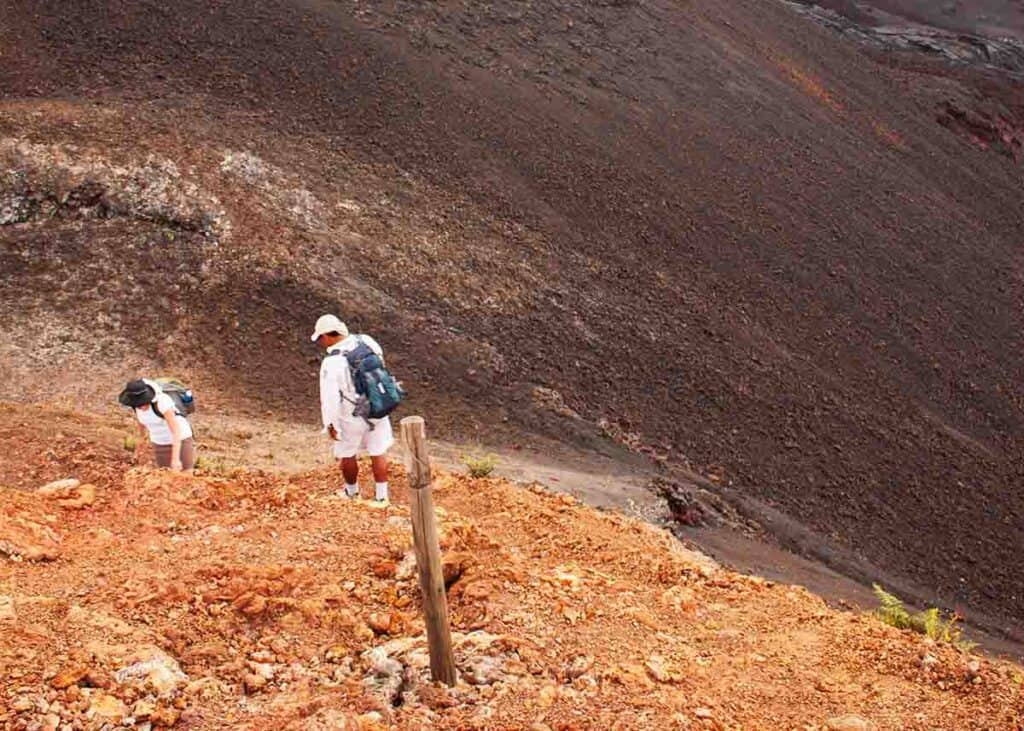
Video of Erupting Galapagos Volcano
Here’s a glimpse of an erupting Wolf Volcano from 2015.
All 21 Emergent Galapagos Volcanos
Here’s the list of volcanoes and their highest elevations:
- Alcedo, Isabela Island: 3710 feet (1130 meters)
- Cerro Azul, Isabela Island: 5541 feet (1689 meters)
- Cerro Pajas, Floreana Island: 2099 feet (640 meters)
- Darwin, Isabela Island: 4350 feet (1325 meters)
- Darwin (Culpepper), Darwin Island 541 feet (165 meters)
- Ecuador, Isabela Island 2590 feet (790 meters)
- Española, Española Island: 276 feet (276 meters)
- Genovesa, Genovesa Island: 210 feet (64 meters)
- La Cumbre, Fernandina Island: 4843 feet (1476 meters)
- Marchena, Marchena Island: 1125 feet (343 meters)
- Pinta, Pinta Island: 2559 feet (780 meters)
- Pinzon, Pinzon Island: 1503 feet (458 meters)
- Rabida, Rabida Island: 1109 feet (338 meters)
- Roca Redonda, Islet 220 feet (67 meters)
- San Cristóbal, San Cristóbal Island: 2490 feet (759 meters)
- Santa Cruz Volcano (formed Santa Cruz Island, Balta Island, and North Seymour Island)2835 feet (864 meters)
- Santa Fe, Santa Fe Island: 656 feet (200 meters)
- Santiago, Santiago Island: 3018 feet (920 meters)
- Sierra Negra, Isabela Island: 3687 feet (1124 meters)
- Wolf, Isabela Island: 5610 feet (1710 meters)
- Wolf (Wenman), Wolf Island: 830 feet (253 meters)
How Often Do Galapagos Volcanos Erupt?
The most recent eruption was Wolf Volcano in January 2022 – lasting many months.
Over the past 200 years, there have been over 50 eruptions in the Galapagos Islands.
More reading: Guide to Galapagos Islands Names
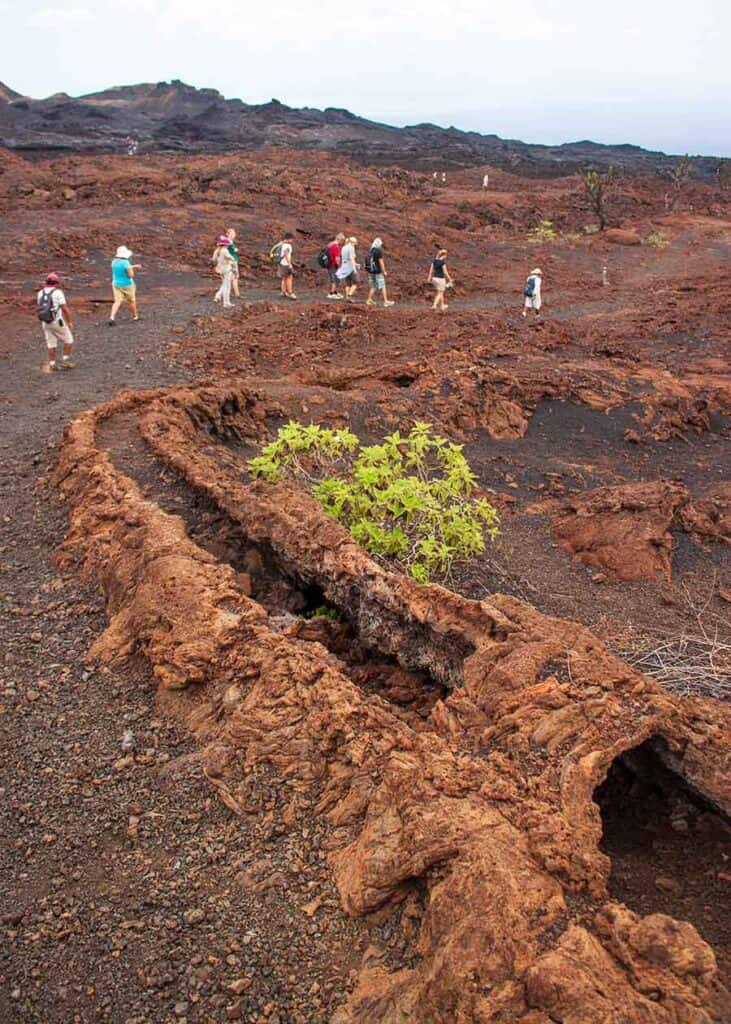
Galapagos Volcano Safety: 3 Tips
Is it safe to hike the volcanoes in the Galapagos? It depends.
Because you’ll need a guide for almost all volcano hikes, you can rely on their knowledge. They don’t take risks and won’t take a group if the indicators suggest trouble. But hiking volcanoes have an inherent amount of risk.
Our family hiked numerous dormant and extinct volcanoes and didn’t have any trouble.
From our experience, you have to be careful with the unstable trails. The broken lava is both slippery and extremely sharp. You can easily twist your ankle or cut your hands/knees if you take a bad step on the trail.
And make sure you don’t stray off the trail. The trails are well marked and some areas off-trail are unstable and are active steam vents.
We saw numerous steam vents on our hikes. Don’t put your hands too close – even at a distance, it felt like a hot oven door just opened. You can get seriously burned with a small steam vent.
Guide to the 17 Best Galapagos Beaches across 8 islands.
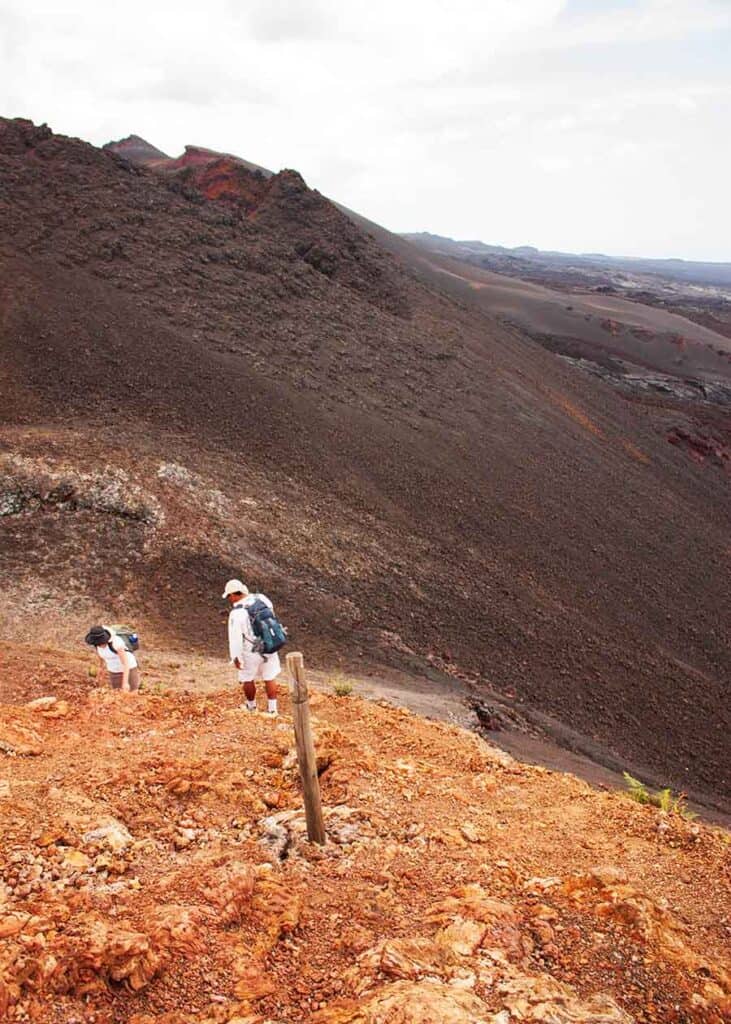
Keep learning with these 25 Galapagos Islands Facts for Travelers.
Your Turn
Have you seen any of these volcanoes in person? Which ones are on your bucket list?


